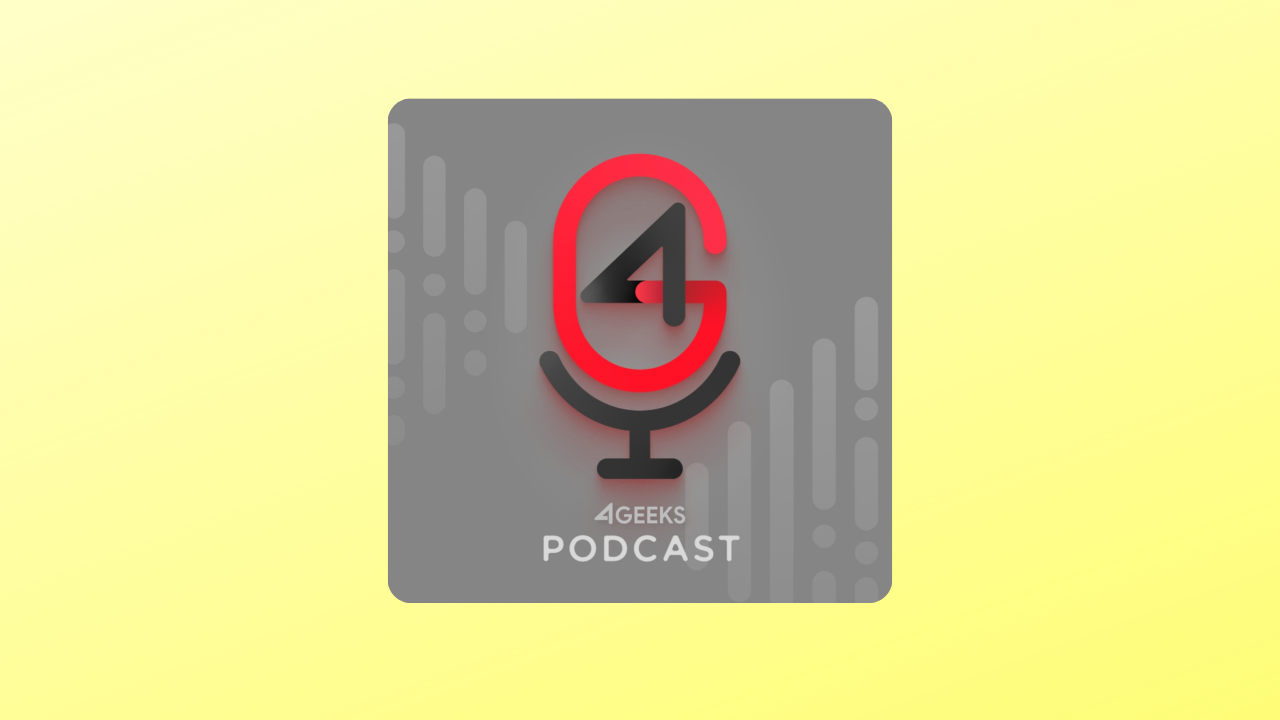Can You Get Basic Healthcare Advice from a Chatbot?

The healthcare landscape is undergoing a digital revolution, with patients increasingly turning to technology to manage their well-being. Fueling this transformation is the emergence of chatbots – conversational AI programs designed to simulate human interaction.
Imagine a virtual assistant readily available on your smartphone, offering 24/7 support, answering your health questions, and even scheduling appointments. This is the potential that chatbots hold, promising to make healthcare information more accessible and convenient than ever before.
However, the question remains: can chatbots truly be a reliable source of healthcare advice? This article delves into the potential and limitations of these virtual assistants, exploring how they can empower patients while ensuring they don't become a replacement for qualified medical professionals. We'll examine how chatbots are currently being used in healthcare, their effectiveness in providing basic information, and the crucial limitations that prevent them from offering diagnoses or personalized care plans.
As we look towards the future, we'll explore exciting possibilities for how chatbots can evolve to become even more integrated with the healthcare ecosystem. This could involve connecting with electronic health records to personalize responses, leveraging advanced symptom analysis to offer more informed guidance, and even playing a role in providing basic mental health support. By understanding the strengths and limitations of chatbots, we can harness their potential to improve healthcare access, empower patients, and ultimately create a more efficient and supportive healthcare system.
The Rise of Chatbots in Healthcare
A 2018 study by Accenture revealed that 64% of patients are interested in using chatbots for healthcare purposes. This interest stems from the convenience and accessibility chatbots offer. Patients can receive 24/7 support, answer basic questions, and schedule appointments – all from the comfort of their smartphones.
Furthermore, chatbots can be programmed to handle multiple languages, making healthcare information more inclusive for diverse populations. This is particularly impactful in geographically remote areas or for individuals with limited access to traditional healthcare providers.

Custom Software Development Services
Work with our in-house Project Managers, Software Engineers and QA Testers to build your new custom software product or to support your current workflow, following Agile, DevOps and Lean methodologies.
Chatbots: A Source of Basic Healthcare Information
Chatbots excel at providing readily available, non-critical health information. They can answer frequently asked questions (FAQs) about common ailments, such as headaches, allergies, or minor injuries. Additionally, chatbots can direct users to trusted medical resources or help them navigate their health insurance plans.
A 2019 study published in JMIR mHealth and uHealth demonstrated that chatbots could effectively answer basic health questions with over 80% accuracy. This accuracy is crucial, as it ensures users receive reliable information and prevents the spread of misinformation.
However, it's important to note that this data often refers to studies conducted in controlled environments with standardized questions. In a real-world setting, a user's query might be phrased ambiguously, or they might present with a combination of symptoms that challenge the chatbot's ability to provide a truly accurate response.
Limitations of Chatbots: Why They Can't Replace Doctors
While chatbots offer valuable functionalities, it's important to understand their limitations. Here's why they shouldn't replace human healthcare professionals:
- Incapacity for Diagnosis: Chatbots lack the ability to diagnose complex medical conditions. Their responses are based on predetermined algorithms and may not account for individual medical histories or nuanced symptoms. For instance, a chatbot wouldn't be able to distinguish between a migraine and a more serious neurological condition.
- Inability to Provide Personalized Care: Chatbots cannot personalize care plans or offer emotional support, both crucial aspects of the doctor-patient relationship. A human doctor can consider a patient's lifestyle, emotional wellbeing, and medical history when providing advice and treatment plans. Chatbots simply don't have that capacity.
- Potential for Misinformation: Despite advancements, chatbots can still misinterpret user queries or provide inaccurate information, especially for complex medical conditions. This is especially risky for users with critical health concerns. Imagine a chatbot advising someone experiencing chest pain to take over-the-counter medication, when they might be suffering from a heart attack.
The Future of Chatbots in Healthcare
The future of chatbots in healthcare lies in their ability to complement, not replace, human interaction. Here's how chatbots can evolve:
- Integration with Electronic Health Records (EHRs): By connecting with EHRs, chatbots can personalize responses based on a user's medical history, offering more relevant information and potentially flagging potential risks. Imagine a chatbot prompting a user with diabetes to monitor their blood sugar levels more frequently if they report flu-like symptoms, which could exacerbate their condition.
- Advanced Symptom Analysis: As chatbot technology advances, their ability to analyze symptoms could improve. This could involve using natural language processing (NLP) to understand a user's description of their condition and then utilizing machine learning algorithms to identify patterns and suggest appropriate courses of action, while always emphasizing the need to consult a doctor for confirmation.
- Mental Health Support: Chatbots can play a role in providing basic mental health support by offering coping mechanisms, directing users to mental health resources, and potentially triaging users for further professional help. Chatbots could provide users with relaxation techniques or guide them to self-help resources for managing anxiety or stress.

Custom Software Development Services
Work with our in-house Project Managers, Software Engineers and QA Testers to build your new custom software product or to support your current workflow, following Agile, DevOps and Lean methodologies.
Conclusion
In conclusion, chatbots represent a promising avenue for transforming the healthcare landscape. Their ability to provide readily available, 24/7 access to basic health information empowers patients to take a more active role in managing their well-being. Studies have shown their effectiveness in answering common health questions with high accuracy, potentially reducing unnecessary doctor visits and anxieties.
However, it's crucial to remember that chatbots are not a silver bullet. Their limitations in diagnosis, personalized care, and the potential for misinformation necessitate a cautious approach. Chatbots should never be seen as a replacement for qualified medical professionals.
The future of chatbots in healthcare lies in their ability to seamlessly integrate with the existing healthcare infrastructure. Imagine a world where chatbots can access a user's electronic health records to personalize responses and flag potential risks. Advancements in natural language processing and machine learning could lead to more sophisticated symptom analysis, allowing chatbots to offer more informed guidance while always emphasizing the need for professional confirmation.
Furthermore, chatbots have the potential to play a valuable role in mental health support by providing basic coping mechanisms, directing users to relevant resources, and potentially triaging users for further professional help.
Ultimately, the successful integration of chatbots into healthcare hinges on a collaborative approach. By leveraging the strengths of both human expertise and AI technology, we can create a more efficient, accessible, and patient-centered healthcare system for all. Chatbots can empower patients, alleviate burdens on healthcare providers, and ultimately contribute to a healthier future.
Consider 4Geeks as a great digital transformation partner to the healthcare industry.
FAQs
Can chatbots diagnose my health condition?
No, chatbots are not currently sophisticated enough to diagnose medical conditions. They can, however, guide you through your symptoms and provide information on possible causes. They can also help you schedule an appointment with a qualified healthcare professional for an accurate diagnosis and treatment plan.
Is healthcare advice from a chatbot reliable?
Chatbots can be a helpful tool to get basic healthcare information and answer general questions. However, it's important to remember they are not a substitute for professional medical advice. If you have any serious concerns about your health, it's crucial to consult with a doctor.
What are the benefits of using a healthcare chatbot?
Chatbots offer several benefits. They can provide 24/7 access to basic healthcare information, answer your questions in real-time, and help you with tasks like scheduling appointments. This can save you time and allow you to get information or schedule care when it's convenient for you.



